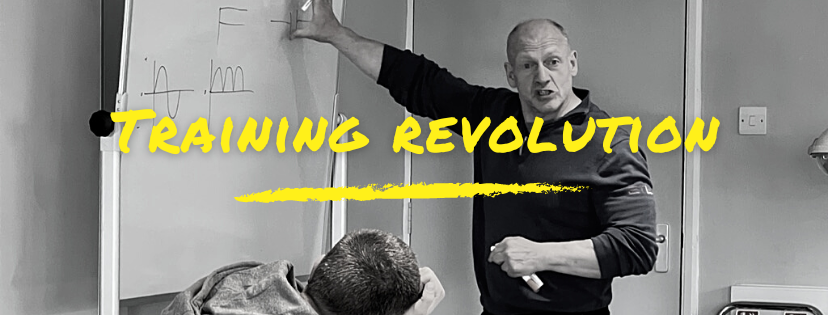Henry Ford, of the Ford motor company once said,
“The only thing worse than training your employees and having them leave is not training them and having them stay”.

These words ring true for our Operations Director Ben Humphrys.
“We work in a specialist industry and over recent years it was apparent that the industry was losing a lot of experienced street lighting operatives. Electrical Testing have been going through a period of growth and the demand for new site operatives was starting to becoming an issue. There simply weren’t any. We needed to do something different to meet the needs of our specialist sector.”
Electrical Testing’s ETL Training divison are an Apprenticeship provider, a City and Guild’s, HESA, Lantra Awards and now Energy and Skills approved training centre, and so had the unique ability to create their own competent workforce from the ground up. With a commitment to also support the communities in which we work, we began a recruitment campaign across the UK.

“We were looking for people to become Highways Street Lighting Operatives. The basic requirement was, can you drive and are you comfortable using an electronic device?”
The response was overwhelming.
“To train these applicants, we knew we needed more than just a few industry standard courses. These people had no experience of our company, of the industry or of working on the side of the road. They needed to understand the fundamentals of street lighting.”
In November of 2017, in our newly renovated, purpose-built training centre, our first contingent of 8 recruits commenced our “New Starter Traineeship ”. Tutored by a qualified electrician and former college lecturer, our aim was to guide them through the basics, enabling them to carry out a structural test safely and competently on a streetlight and obtain a City and Guilds certificate for structural testing. They would become Structural Testing Operatives.
The intensive weeks that followed, were built around a programme of learning. A mix of theory, practical, site visits and several relevant HESA courses that are required for working on the Highway. The operatives then spent a further additional weeks working on site in pairs, with support and guidance from our supervision teams and ongoing support from their trainer.

“We specifically introduced a rigorous auditing process to ensure that the quality of what we do for our clients was being maintained. Was this going to work? Could we really train up new recruits who knew nothing of our industry and turn them into knowledgeable and skilled highway operatives?
It was a success. We had identified a successful new recruitment process. The programme had worked.”
4 years and 28 new starters later, Electrical Testing have seen 5 cohorts of new starters, which now account for nearly a quarter of our Highway site operatives.
“Having our own staff that we had molded into structural testing operatives was great, but there was still a lack of electricians in the industry which was even more critical when it says ‘Electrical Testing’ above the door.”
The next step was obvious. To develop further our New Starter Traineeship.
“The ‘Upskilling Programme’ identifies those operatives who have shown ongoing commitment and an interest in developing their knowledge and skills within the industry. The ones who want to learn more and earn more. So the next step was to upskill them to become a Level 3 NVQ Highways Electrician.”


The programme involves further weeks of intensive learning.
“It was vital that we were creating the underpinning knowledge to ensure that they are not just recording numbers from a meter but have a fundamental knowledge of what the numbers they are recording mean. The principles of Ohms Law, Basic AC theory, the understanding EFLI and the function of Protective Devices. All integral towards achieving their NVQ Level 3 Electrical certificate.”
As of today, Electrical Testing are about to begin upskilling their 4th cohort, having created from scratch, 21 Highways Electricians. No mean feat indeed. So when you hear that there is a resource shortage in the street lighting industry, Ben bristles at the idea.
“That may be true of the ‘industry’, but not here, at Electrical Testing.”

